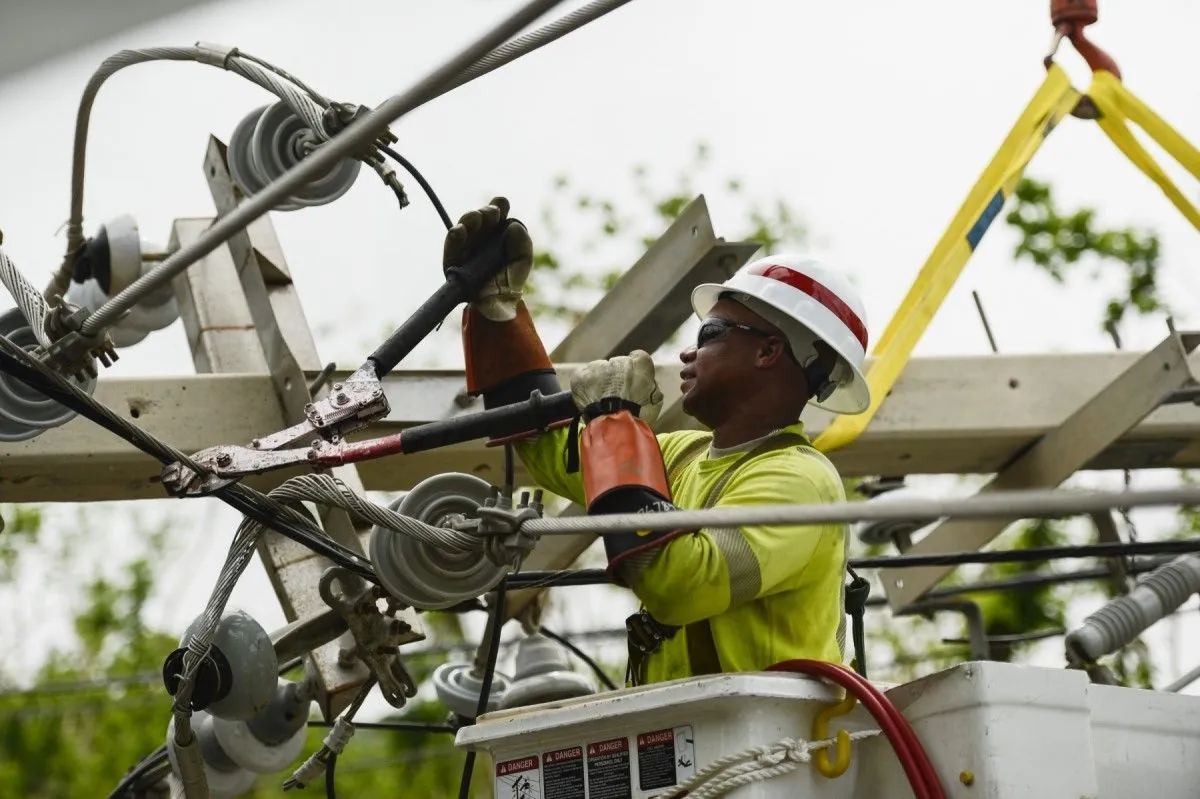In a significant development for Puerto Rico's energy sector, the federal control board overseeing the island's finances has announced its intention to intervene in the slow-moving process of repairing the territory's deteriorating power grid. This decision comes as the U.S. territory continues to grapple with widespread power outages, more than seven years after Hurricane Maria devastated the island.
Robert Mujica, the board's executive director, revealed that only $1.2 billion of the $17 billion authorized by the U.S. Congress for grid stabilization and reliability improvement has been utilized since September 2017. This slow progress has left many of Puerto Rico's 3.2 million residents frustrated and demanding change.
"We need to move faster. The current situation … is not acceptable."
Despite calls from some quarters to terminate the contract with Luma Energy, the private company operating the power transmission and distribution system, Mujica dismissed such proposals as premature. He emphasized the need to focus on immediately executable projects and urged federal agencies to expedite approvals and waivers.
Governor Pedro Pierluisi, present at the board meeting, defended his administration's efforts, citing bureaucratic hurdles posed by the Federal Emergency Management Agency (FEMA). He stated that the $17 billion in funds only became fully accessible in mid-2021 and highlighted that 46% of FEMA funds have been spent on Maria-related reconstruction projects.
The push for renewable energy has gained momentum on the island, where fossil fuels currently generate about 94% of electricity. Approximately 120,000 rooftop solar systems have been installed, reflecting a growing interest in alternative energy sources. However, this transition has not been without controversy.
In late July 2024, the control board filed a lawsuit challenging amendments to the net-metering law, which compensates solar-equipped households for their contributions to the grid. This move has sparked protests, with demonstrators submitting a petition bearing 7,000 signatures in opposition to the board's action.
Mujica defended the board's position, stating that the amendments have compromised the independence of Puerto Rico's Energy Bureau. The board maintains that it is not seeking to end net metering but rather to address concerns about the impact on the Puerto Rico Electric Power Authority's revenues and its ability to restructure over $9 billion in debt.
As Puerto Rico continues to navigate these complex energy challenges, the federal control board's intervention marks a critical juncture in the ongoing efforts to modernize and stabilize the island's power infrastructure. The coming months will likely prove crucial in determining the future of Puerto Rico's energy landscape and its path towards a more reliable and sustainable power grid.
